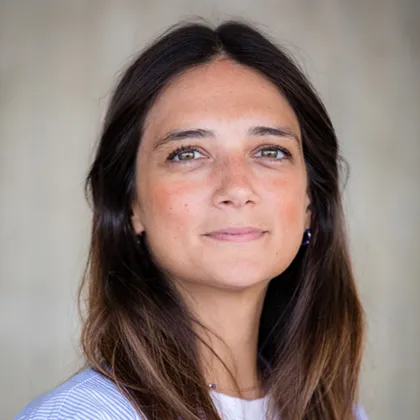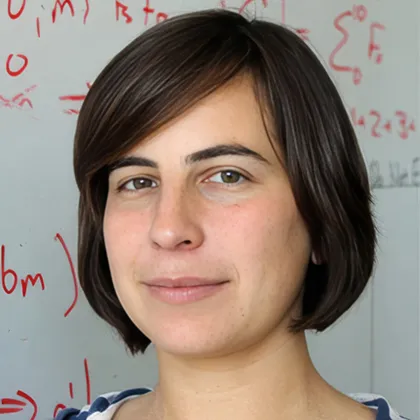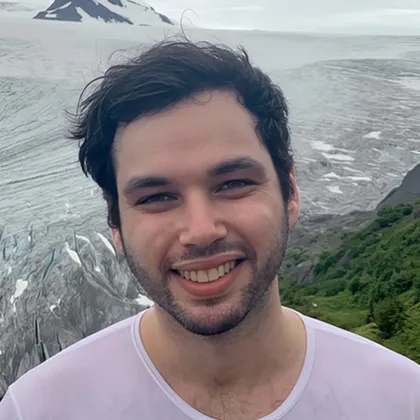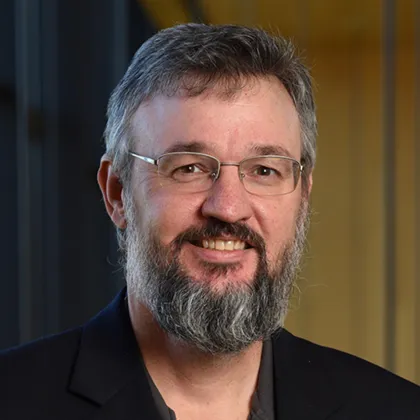Yale Engineering welcomes five new faculty members
Yale Engineering is proud to welcome five new faculty members across three departments, further strengthening the school's research excellence and expanding its leadership in cutting-edge technologies. These accomplished scholars bring expertise spanning advanced sensing and wireless systems, next-generation bioelectronic interfaces, sociotechnical systems, probabilistic machine learning, and mechanical design.
From developing neural recording and stimulation systems that could revolutionize neurological treatments to creating intelligent sensing systems and advancing our understanding of how technology shapes society, this exceptional cohort is positioned to tackle some of the most pressing technological challenges of our time. Their arrival represents Yale Engineering's continued growth and strategic investment in research areas that bridge disciplines and drive innovation.
The new faculty members joining Yale Engineering are:

Tara Boroushaki
Assistant Professor
Electrical & Computer Engineering
Tara Boroushaki creates sensing and mobile technologies with applications in wireless networking, wireless sensing, cyber-physical systems (including robotics), and cyber-human systems. Her work focuses on developing algorithms and building multi-modal sensing systems that enable more efficient, robust, and capable interactions with the environment.
A recent Ph.D. graduate from MIT, Boroushaki’s research has been recognized with numerous honors and has been featured by media outlets such as the BBC and The Wall Street Journal, which named it one of the “Top 10 AI Trends to Watch.” Her patented technologies have been licensed and deployed in real-world retail and supply chain settings.

Claudia Cea
Assistant Professor
Electrical & Computer Engineering
Claudia Cea develops next-generation bioelectronic systems that interface with the human body to explore fundamental biology and advance treatments for neurological disorders. Her work brings together materials science, electronics, and medicine to create minimally invasive, conformable devices for neural recording and stimulation.
Cea pioneered the first flexible neural recording device based on an ion-gated organic electrochemical transistor – an innovation that overcomes major challenges in brain-computer interfaces by replacing rigid silicon with soft, ion-conductive polymers. Her fully integrated system enables wireless communication and power delivery through human tissue. For this work, she was named to MIT Technology Review’s 35 Under 35 Innovator list.

Nicole Immorlica
Professor
Computer Science
Nicole Immorlica studies the design and operation of sociotechnical systems, drawing on tools and modeling concepts from both theoretical computer science and economics to understand and influence behavior patterns in various online and offline systems, markets, and games. Her research has made foundational contributions to areas such as social networks, matching markets, and mechanism design.
Prior to joining Yale, Immorlica was a Senior Principal Researcher at Microsoft Research New England, where she led the economics and computation group. She holds a Ph.D. in theoretical computer science from MIT and has held faculty and research positions at Northwestern University, Microsoft Research Redmond, and CWI in Amsterdam. A recognized leader in her field, Immorlica is an ACM Fellow and recipient of the Sloan Research Fellowship, Microsoft Faculty Fellowship, and NSF CAREER Award.

Alex Lew
Assistant Professor
Computer Science
Alex Lew’s research focuses on automating and scaling principled probabilistic reasoning by integrating ideas from programming languages, machine learning, Bayesian statistics, and cognitive science. He is particularly interested in the theory and practice of probabilistic and differentiable programming languages.
Lew is a member of the GenLM consortium, a multi-university collaboration working to improve the controllability, composability, and interpretability of language models through tools from probabilistic programming and Bayesian inference. He recently completed his Ph.D. at MIT, where he was part of the MIT Probabilistic Computing Project.

Edward “Ted” Diehl
Senior Lecturer
Mechanical Engineering
Ted Diehl's research interests include pedagogy, solid mechanics, mechanisms, and mechanical design.
Diehl was most recently an associate professor and the mechanical engineering program director at the University of Hartford, and prior to that as a lecturer at the US Coast Guard Academy. He received his Ph.D. from UConn in 2016 and his undergraduate degree from the United States Merchant Marine Academy. Prior to entering academia in 2009, Diehl worked in the maritime industry, designing and analyzing ships and shipboard equipment for 17 years.
More Details
Published Date
Jul 1, 2025




